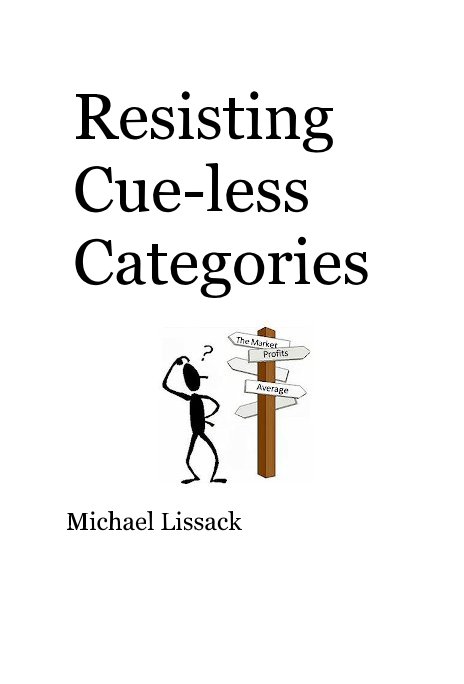Resisting Cue-less Categories
von Michael Lissack
Dies ist der Preis, den Ihre Kunden sehen. Listenpreis bearbeiten
Über das Buch
Two types of models are often evoked as the context underlying change. Models based on labels and categories we shall refer to as “representations.” More complex models involving stories, multiple algorithms, rules of thumb, questions, ambiguity we shall refer to as “compressions.” Both compressions and representations are reductions. But representations are far more reductive than compressions. Representations can be treated as a set of defined meanings – coherence with regard to a representation is the degree of fidelity between the item in question and the definition of the representation, of the label. By contrast compressions contain enough degrees of freedom and ambiguity to allow us to make internal predictions so that we may determine our potential actions in the possibility space. Managers are often confusing their evocation of a representation as the creation of a context of compression. In the drive for efficiency such substitutions are all too often proclaimed – at the manager’s peril.
.
.
Eigenschaften und Details
- Hauptkategorie: Wirtschaft & Business
-
Projektoption: 15×23 cm
Seitenanzahl: 102 - Veröffentlichungsdatum: Jan. 10, 2011
- Schlüsselwörter complex systems, philosophy, systems, complexity, causality, emergence, coherence, cues, codes, strategy, management
Mehr anzeigen
Über den Autor
Michael Lissack
Naples FL
Dr. Lissack is the Executive Director of the Institute for the Study of Coherence and Emergence, President-Elect of the American Society for Cybernetics and ISCE Professor of Meaning in Organizations.


